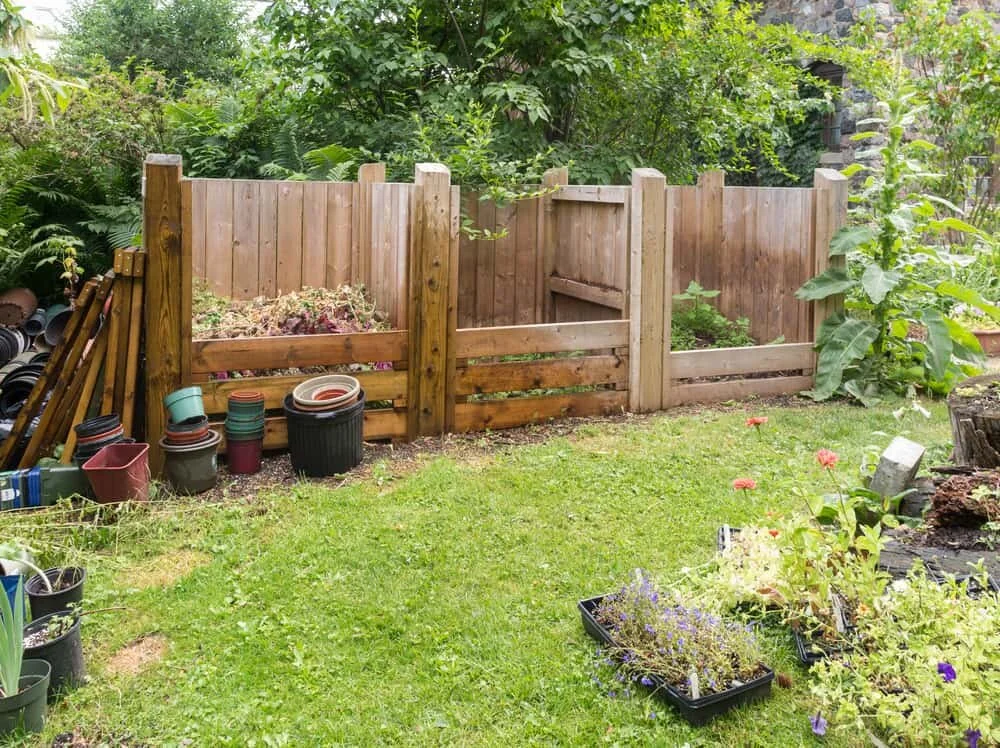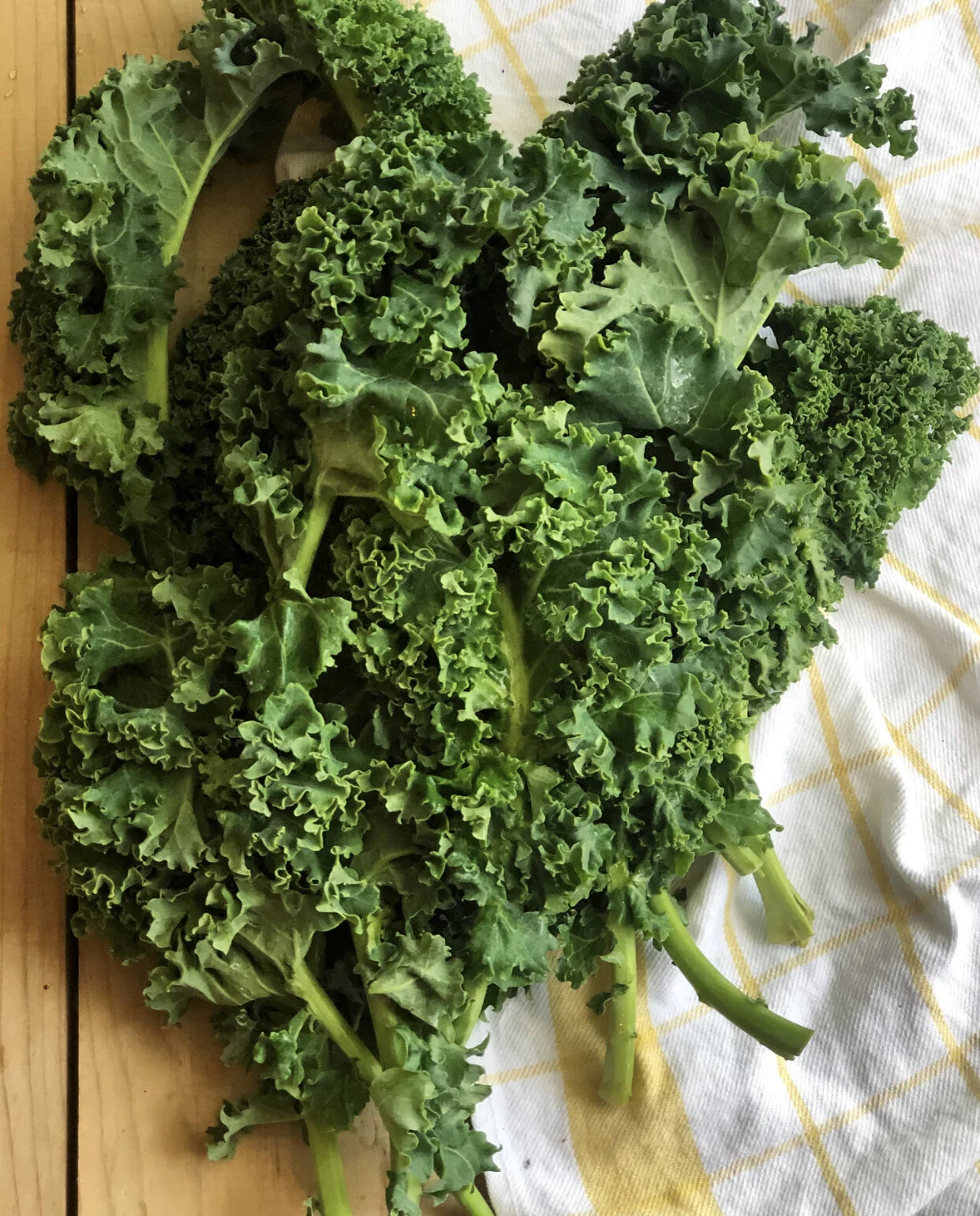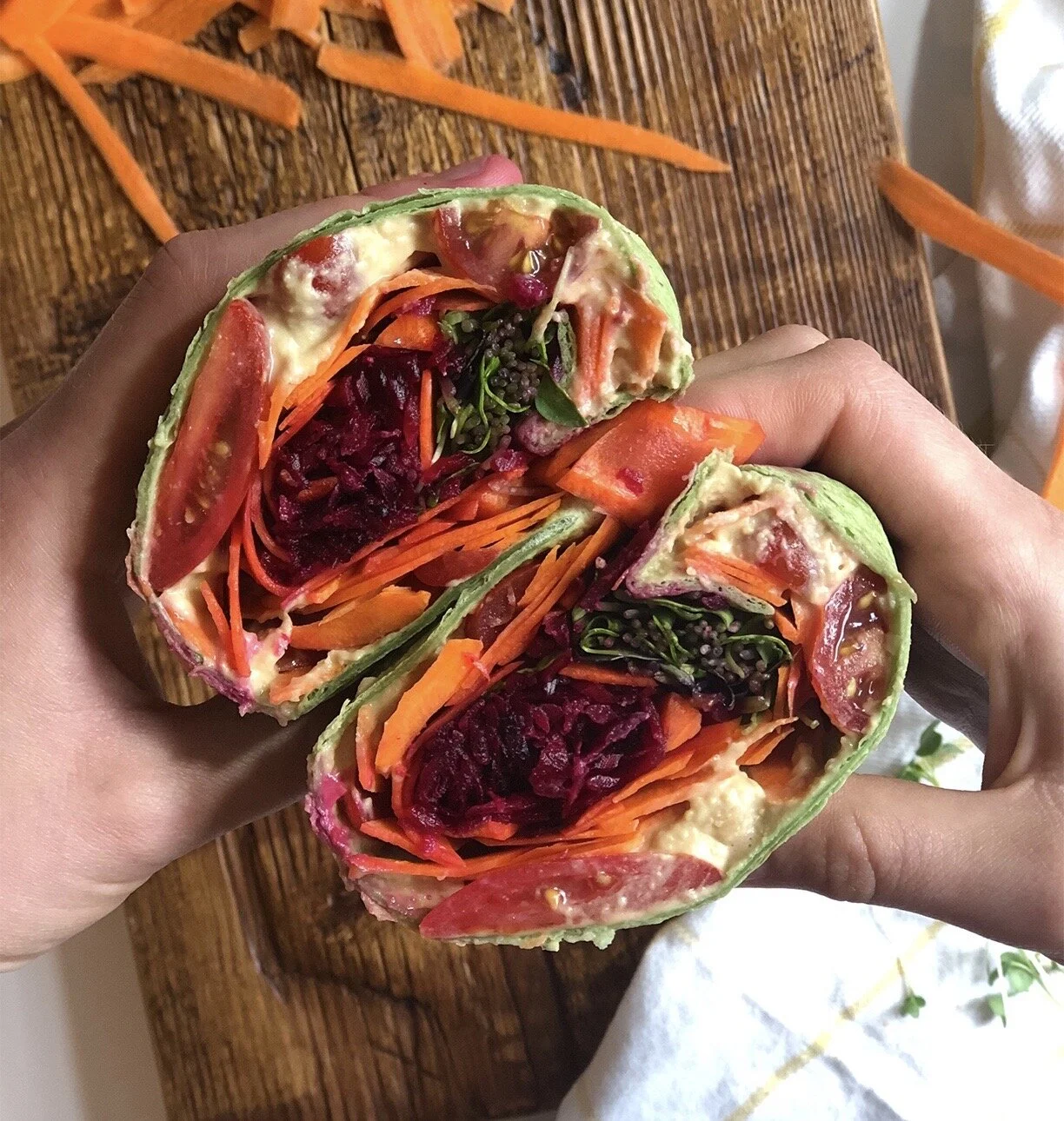One of the most troubling experiences as a plant parent is not knowing whether your ill plant is overwatered or underwatered. As silly as this conundrum may seem, it is super common among new gardeners. In this post, I outline the symptoms of overwatering vs. underwatering plants!
Read MoreDeciding which compost method is best for you can be confusing, intimidating and downright complicated. In this post, I outline the pros and cons of every type of at-home composting!
Read MoreIf you're anything like me, you're itching to get veggies in the dirt as soon as the snow starts to melt. This post explains exactly what to do this March to get your garden ready for summer!
Read MoreThis year, I posted tons of informative articles about social and environmental sustainability. Here are the ten most-loved and most-read articles of 2020!
Read MoreChinampas are a sustainable farming system that's been around for centuries. In this post, I'll explain what Chinampas are, why they are sustainable and why you should care.
Read MoreMy garden is not a patch of soil in the ground, but rather, an assortment of pots living on my balcony. They don't pay rent, but they do provide me with some good eats. In this post, I'll tell you all about my favorite edible plants for container gardening.
Read MoreForaging is the process of searching for and collecting wild-grown (rather than cultivated or farmed) foods. Although this hobby may seem daunting, anyone can forage with a little help from a local wildlife expert. In this post, I’ll explain how to start foraging, describe some signs of poison plants and tell you all about the most popular plants to forage.
Read MoreNo, that isn’t a picture of a laboratory or a spaceship. It’s a vertical farm. In this post, I’ll tell you all about this up and coming trend in sustainable agriculture.
Read MoreMany people become vegans because they believe it's a more sustainable way of living. In this post, I'll define veganism and explain the environmental pros and cons of this lifestyle.
Read MoreIf you live in the U.S., the Ogallala Aquifer is super important to you even if you don't know what it is. In this post, I'll explain what aquifers are, why they're important and why they're in trouble.
Read MoreA chill is in the air, the berries and tomatoes have come and gone, and your garden is starting to look a little dead. Now what? You might be tempted to leave your plants in the ground until spring, but you would most def regret that decision when you're ready to plant next year. In this post, I’ll tell you exactly how to close a garden for winter to set yourself up for success next spring.
Read MoreFarmers market season is in full swing, which means it's the perfect time to buy local native crop varieties. In this post, I'll tell you all about native crops and why you should be buying or growing them.
Read MoreTilling soils too much or too aggressively can break hard-earned soil structure, which is leading to topsoil loss, pesticide runoff and soil erosion. Some farmers have escaped this destruction through more soil-friendly tilling practices. In this post, I'll tell you all about these conservative tilling practices.
Read MoreGlobally Important Agricultural Heritage Systems (GIAHS) are agricultural communities that are internationally recognized as sustainable. These sites are super important and most def deserve more publicity than they get. In this post, I'll tell you all about GIAHS and how these sites are making the world a better place.
Read MoreIf you're a meat eater, you've probably happened upon beef or steaks labeled "free-range." In the U.S., many free-range cattle are born and raised on the western plains, called "rangeland." In this post, I'll tell you all about the ecology, economics and politics of rangelands of the U.S.
Read MoreMonoculture agricultural fields only contain one type of crop, while polyculture agricultural fields contain several types of crops interspersed with one another. The vast majority of modern agricultural fields are monoculture fields. In this post, I'm going to break down the pros and cons (mostly cons, lesbehonest) of industrial monoculture farming.
Read MoreIf farmers don't protect their plants against pests, their crops will be destroyed before they make it to your plate. This where Integrated Pest Management (IPM) comes in. IPM basically just entails using existing ecosystem processes to fight pests rather than introducing synthetic pesticides to the ecosystem.
Read MoreStarting a garden can seem intimidating, and by the time the smattering of seasonal veggies on your Insta feed has you drooling, it might be too late to start a garden from scratch. This means that the time for garden planning is now!
Read MoreA lot of people praise shopping locally as the gold standard of sustainability. In this post, I'll give you my perspective on the pros and cons of a locavore diet.
Read More



















